Perhaps there is something about living on an Island, but the people of Martha’s Vineyard – both year-round and seasonal residents – have a well-deserved reputation for taking care of their own. Neighbors may squabble, but when someone is in crisis, petty disagreements are put aside and the community rallies to help.
That generosity of spirit is reflected in the more than 100 nonprofit organizations on the Island that address a wide spectrum of community interests and concerns. There are nonprofits that serve children and families, support the arts, provide health care, and promote conservation, housing, and social justice, to name a few. There are even nonprofits that help other nonprofits, offering training and directing resources where they are needed most.
To celebrate the work of all these groups, we created the Island Nonprofit Directory for our annual Heart of the Vineyard edition of The Vine. This list, updated for 2023 both in the print edition of the Vine (out on Friday, February 9, 2023) and online, is a resource for anyone interested in participating in the Island’s helping community. Participation can take many forms. Nonprofit organizations rely on volunteers to serve on boards and committees, to organize fundraising activities and in many cases to join with others in service, from gleaning leftover crops to working at a thrift shop to delivering meals to the homebound. Contact the organizations directly or check the volunteer opportunities section in the Vineyard Gazette. For those who are able, donating to the Island’s nonprofit organizations is another important way to help. The organizations on this list are registered 501(c)(3) charities, which means your contributions are tax deductible.
You can follow this link to the complete Island Nonprofit Directory, which is sponsored by The Martha's Vineyard Nonprofit Collaborative.
Below, you will find this year's spotlight features on eight of our Island nonprofits.
Aquinnah Cultural Center
The Aquinnah Cultural Center is an independent nonprofit that preserves, interprets, documents and promotes Aquinnah Wampanoag history, culture and contributions of the past, present and future.
Since 2006, the center has operated the Aquinnah Wampanoag Indian Museum, which is housed in the historic Wampanoag family homestead, familiarly known as the Vanderhoop house for its longtime owner, Edwin D. Vanderhoop, and his family. Edwin was the first Native American to represent his town at the Massachusetts general court; many of his descendants still live in Aquinnah.
The house, located on the down-slope side of Aquinnah Circle and perhaps the most photographed and illustrated house in Aquinnah, is listed on the National Register of Historic Places. Through the collaboration of the Martha’s Vineyard Land Bank, the town of Aquinnah, and the Aquinnah Cultural Center, the home was restored in a way that preserves its original purpose and yet allows the museum to display artifacts of traditional and 19th century Wampanoag culture and history.
In addition to opening the museum during the summer (there is no heat for winter programs), the center plans both in person and online programs that include art demonstrations, discussions with authors, film screenings, music concerts, artisan markets, conversation circles and presentations by the Wampanoag Language Reclamation Project and visiting members of other tribes.
The Yard
It’s hard to name an influential modern choreographer or dance troupe working today that hasn’t visited the Yard since the Chilmark dance incubator was founded 50 years ago. Doug Varone? Check. Wondertwins? Check. Top tapdancer and Broadway choreographer Michelle Dorrance? Check and double check — she’s practically a regular.
Artists like these, and many more from the U.S. and abroad, come to the Yard for residencies where they can develop new work in relative seclusion from their mainland lives. Along the way, the dancers and performance artists share their progress with local audiences through classes, workshops and live shows. Some visiting dance groups have even teamed up with Islanders on pieces developed over multiple residencies, such as the powerful Danza Orgánica-Wampanoag collaboration We Still Dance.
The Yard also hosts concerts and DJ dance parties, including a lively series of Pride events each June, and offers off-season residencies that include workshops in Island schools.
Currently seeking a new executive director and working on an overhaul of its Middle Road campus, the Yard continues to follow the vision of its late founder, choreographer Patricia Nanon, of “a playground without walls, a place to explore, to experiment, to construct … a space in which to come together and to be alone.”
The Cottagers, Inc.
Founded in 1956 by 10 Black women who owned homes in Oak Bluffs, The Cottagers, Inc. is now an organization of 100 women who actively support a range of civic programs.
In normal years, the Cottagers host fundraising events such as their annual house tour to support the Martha’s Vineyard Hospital, student scholarships and other causes. But in 2022, the-all female philanthropic group reached into their own pockets to present a $15,000 check to Harbor Homes, Inc., specifically to provide needed furnishings and program support for the newly purchased congregant house for low-income women on New York Avenue.
More recently, in her 2023 annual letter to members, president Olivia Baxter announced an ongoing collaboration between The Cottagers, Inc. and Harbor Homes, Inc. to continue to work together to secure grants, funds and awards.
The Cottagers are currently engaged in a capital fundraising campaign to restore their unique historic meeting house on Pequot avenue in Oak Bluffs. The Cottagers purchased Cottagers Corner, which sits on the site of an early town hall, in 1968. It needs foundation work and restoration of architectural detail. The group has also committed to making the building ADA compliant so that generations of Cottagers and members of the Oak Bluffs community will continue to gather in it and enjoy it for years to come.
BiodiversityWorks
On an Island of beaches, who will speak for the shorebirds? The answer, for Martha’s Vineyard, is BiodiversityWorks, a nonprofit dedicated to protecting not only the birds, but the whole range of diverse creatures that call this Island home.
“We were both working as wildlife biologists on-Island back in 2011,” said Luanne Johnson in a recent joint interview with program co-founder Liz Olson. “We really found a need for an organization that focused specifically on wildlife on Island, no matter who owns the land.”
Due to the fragmented nature of Vineyard habitats, with housing and developments separating stretches of forested or otherwise wild land, some species have struggled in recent years. It is a pattern born out most recently, Luanne and Liz said, with the black racer snake, the largest of the Island snake species. Racers have wide, seasonal ranges, travelling long distances to locate prey or find a place to hibernate. As habitats become more fragmented and more road crossings are necessary, roadkill events become more common.
Shorebirds are, of course, another priority, and the group is now undertaking a study of woodcock and black skimmer populations. None of this is to the exclusion of those mammalian fliers, the bats, which are also under study.
Another groundbreaking project of BiodiversityWorks is the Martha’s Vineyard Atlas of Life (mval.biodiversityworks.org), where individuals can contribute photos and identifications of plant wildlife to an INaturalist database.
“A lot of our work happens because of the amazing community here,” Liz said.
Island Autism Group
Island Autism began back in 2009, a grassroots effort led by Kate DeVane and Marcy Bettencourt, two Island parents with kids on the autism spectrum. Since then, their early fundraising efforts through bake sales and auctions have grown into something far larger.
The first big step, Kate said in a recent interview, came as the group shifted their efforts to extracurriculars. “We wanted to make sure kids on the spectrum, who maybe can’t access typical afterschool programs, have something to do in the afternoon,” she said. It’s a focus which benefited both kids and parents.
For most of the group’s existence, it had been looking for a permanent location for events. That all changed in 2020, when Island Autism Group teamed up with the Land Bank to jointly purchase a 17-acre stretch of farmland in West Tisbury. In addition to providing the group a permanent hub for after-school activities, the purchase will also allow them to better serve the Island’s adult autistic community.
“Seventy-five percent of adults on the spectrum are either under- or unemployed, even though they have lots to contribute,” she said. Plans include the creation of a micro-farm for workforce training as well as the construction of 17 affordable housing units for adult autistic Islanders.
“We want to have people ripple out into the community,” Kate said, “and we also hope the community will come out here to join us as well.”
Health Imperatives
Health Imperatives is a nonprofit healthcare provider with the goal of improving the health and well-being of low-income residents of southeastern Massachusetts. The organization offers free and affordable services and has an on-Island clinic in Vineyard Haven.
According to executive director Julia Kehoe, Health Imperatives prioritizes communities such as Martha’s Vineyard where there are huge wealth gaps. Last year, the Island clinic served more than 1,100 Island residents, 50 per cent of whom were uninsured or under-insured and 30 per cent of whom had limited English proficiency.
At the Vineyard Haven location, services range from sexual and reproductive health care and counseling to HIV prevention medications; LGBTQIA+ health services including access to gender-affirming hormone therapy; and WIC nutrition assistance through healthy food, nutrition education, breastfeeding support, and referrals to other health, economic, and family services.
To maximize its impact and reach those who are most in need of services, Health Imperatives partners with Island nonprofits including Friends of Family Planning, CONNECT to End Violence, Island Grown Initiative and the Martha’s Vineyard Hospital.
Harbor Homes of Martha’s Vineyard
Harbor Homes of Martha’s Vineyard was forged in 2019, created to serve an overlooked group on the Island – the year-round homeless population.
“People don’t realize what it looks like,” said executive director Sue Diverio in a recent interview with the Vineyard Gazette. “It’s a two-income family with children who still can’t afford housing. It’s a mom experiencing domestic violence trying to leave a bad situation...Once people get past [the stigma] and realize these are everyday people who have gotten in bad circumstances, you can get them to understand that these people are a part of our community.”
For the last two years, Harbor Homes has run a winter homeless shelter out of one of the Martha’s Vineyard Community Services buildings. More recently, the group received a $2.5 million grant from the Department of Housing and Community Development, allowing them to pursue the purchasing of a permanent home for the shelter.
“It will really change lives,” shelter coordinator Lisa Belcastro said. “It will give someone a place they can call home.”
In addition to the shelter, Harbor Homes also owns and operates two congregant houses on-Island, providing living spaces for low-income Islanders at risk of homelessness.
SailMV
For more than thirty years, Sail MV has worked to keep the tradition of maritime learning and practice alive on Martha’s Vineyard.
“We’re trying to get as many Island kids out on the water as possible,” said executive director John Kettlewell. “Our mission is to be able to provide education to every youth on-Island who wants it.”
It’s a mission they are well on their way to achieving; they now provide free sailing lessons to an estimated 425 Island kids each year, along with about a hundred more seasonal students. The group also provides adult classes for both sailing and rowing and contributes their fleet vessels to Island events and races.
The group recently became a recipient of a $300,000 expansion grant from the MV Youth community fund. The money, John said, will in part go to upgrading their fleet to be more handicap-accessible, allowing for even more Island kids to get on the water. In addition, he said, they will be able to expand their programming to provide more free advanced classes. “It’s going to be really transformative for us,” he said.





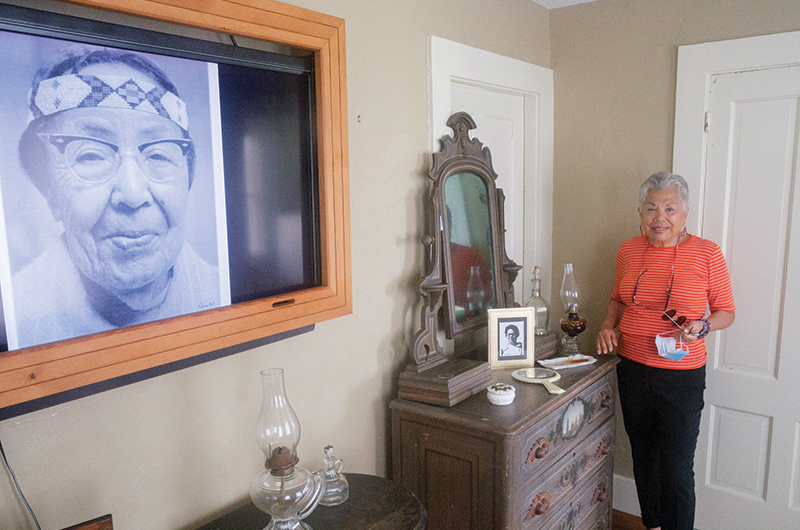
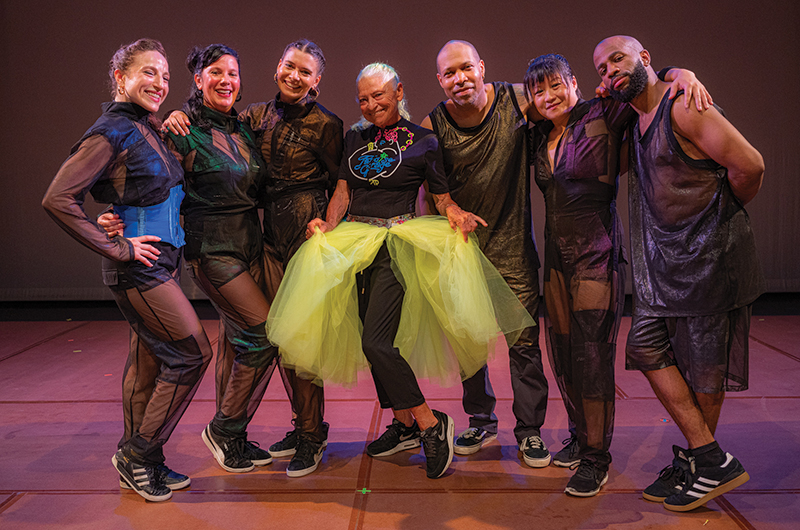
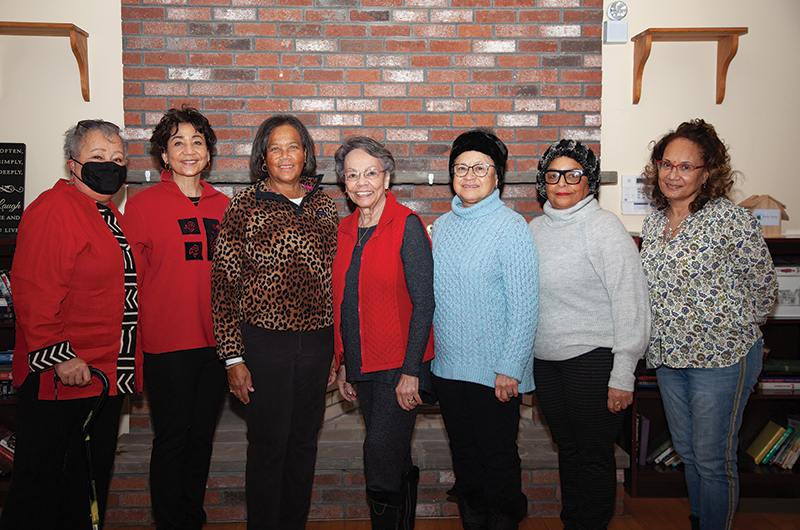
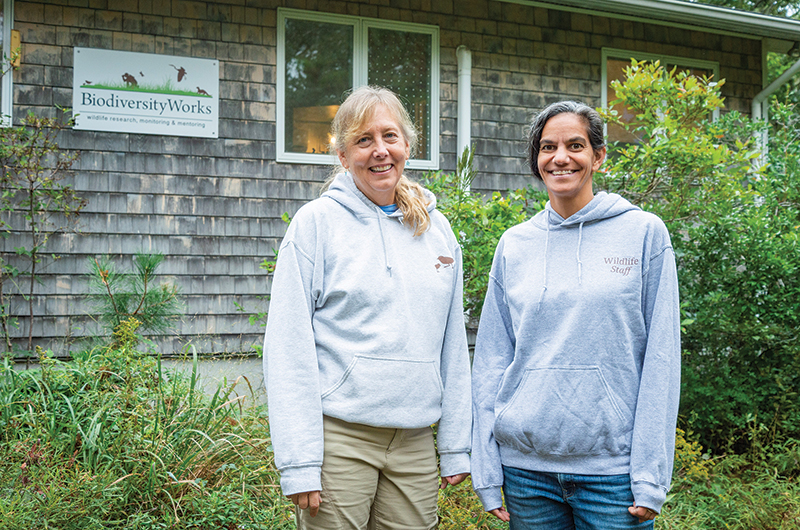
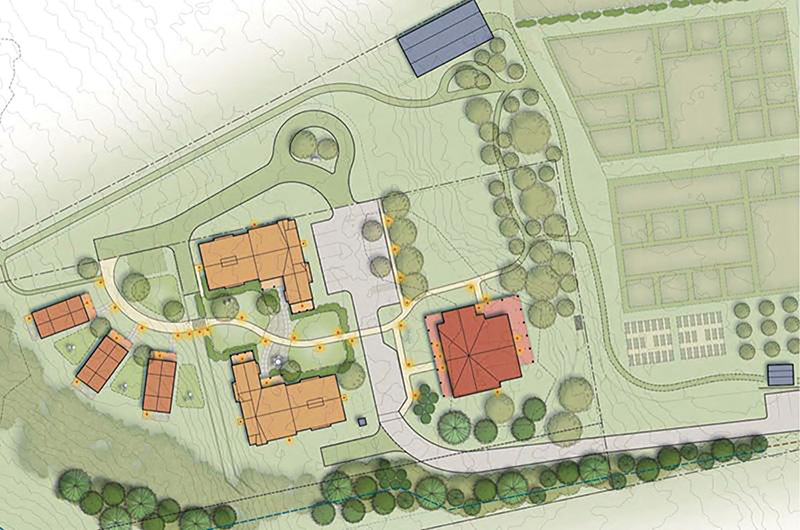
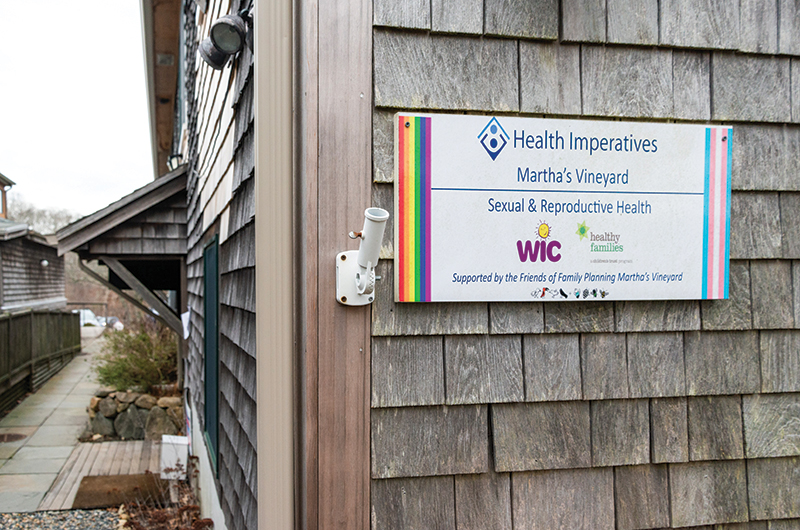
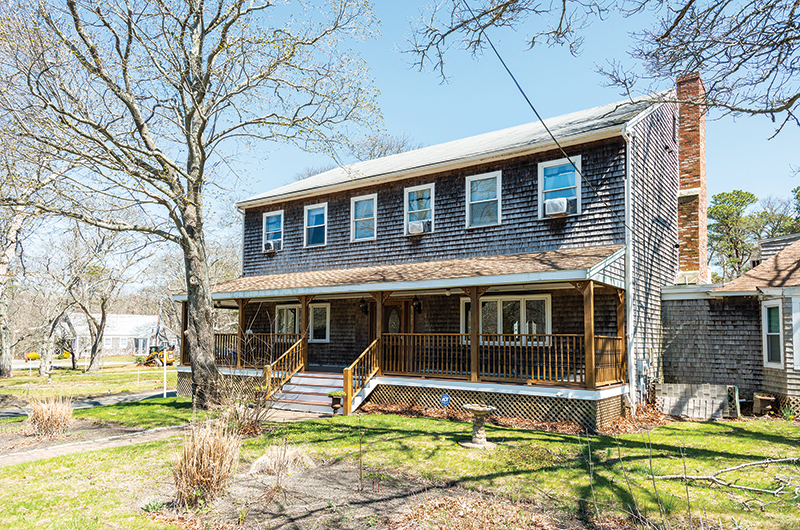


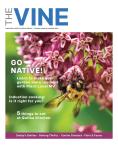
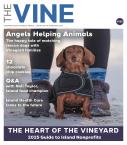

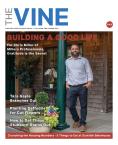

Comments